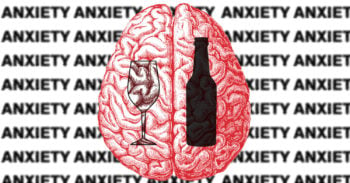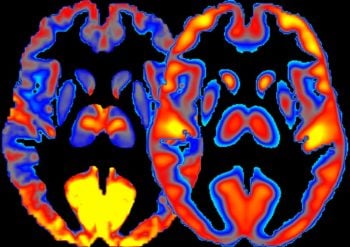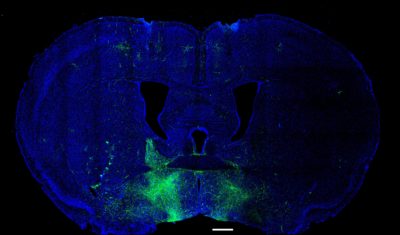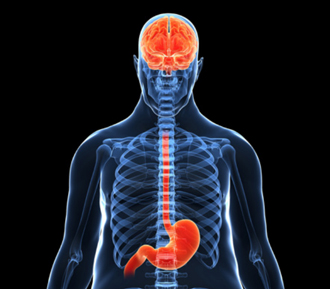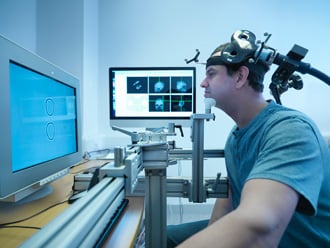NIH-funded rodent study finds molecular link between adolescent alcohol use and adult anxiety
New preclinical research in rats has identified a link between adolescent alcohol exposure and specific molecular changes in the brain that contribute to increased anxiety in adulthood. A large body of evidence demonstrates a strong relationship between alcohol and anxiety problems in humans. “These findings provide insight into the mechanisms through which alcohol-induced brain changes … Read more
